As part of my work with the Scottish Commission for People with Learning Disabilities (SCLD) human rights app development group, I heard a quote that really made me think.
The American political activist, Eleanor Roosevelt, once remarked that our human rights begin “in small places, close to home – so close and so small that they cannot be seen on any maps of the world. Yet they are the world of the individual person; the neighborhood he lives in; the school or college he attends; the factory, farm, or office where he works.”
It means a lot to me, because I know that, as a person with a learning disability growing up in Aberdeen, my human rights have not always been realised in my local community.

Despite having completed all of the relevant qualifications, I have faced unfair barriers in attempting to find a job as a security guard. Even though I have lots of experience, I know that I have been treated differently when volunteering.
I know my experiences are not rare. People with learning disabilities throughout Scotland are at a higher risk of being victims of hate crime, and die up to 20 years earlier than the general population. During the pandemic, they were three times more likely to die due to Covid-19, twice as likely to become infected, and twice as likely to have a severe infection.
We are excited to introduce our 10 rapporteurs and introduce 'Include For Good' – a pioneering programme for change led by and for people with #learningdisabilities in Scotland!
Our rapporteurs are live now in our #LDWeekScot2022 event 'Include For Good – "Our quest for change" pic.twitter.com/zvXx6i8DYq
— SCLD (@SCLDNews) May 2, 2022
These things have all made me want to do something, and it is why I have started working with the SCLD. Since becoming involved with them, I have learned far more about my human rights. But lots of people with learning disabilities do not know or understand their human rights.
An app to educate about human rights
This is why I was really happy to work with SCLD in making an app to help. The app invites users to travel around a virtual “Human Rights Town”, where they encounter different scenarios at each location, such as using public transport or shopping at the supermarket. Through practical examples, Human Rights Town introduces users to each of their human rights in turn and asks them to choose whether they believe their rights are being respected or not in each scenario.
Like other people with learning disabilities, I once didn’t understand what human rights were about, or I didn’t think they were for me. The UN Convention on the Rights of Persons with Disabilities (UNCRPD) is about protecting my rights where I live. The app has made me think that human rights could make a real difference to my life if everybody did what they are supposed to do.
I hear politicians and other people talk about how fair Scotland is and how it can be a leader in human rights. It isn’t yet, and it won’t be until people with learning disabilities have the chance to be at the heart of their communities
The really good thing about working on the app is that we were directly involved. We got to speak to the app designers ourselves and tell them what they should do. We also had the chance to record voice overs.
It is why lots of people have told us that the app feels like it might be real life: all the things that happen in the app are based on real life!
Making my voice heard to make change
For me, this is just the beginning. I am going to start working on an exciting new programme called “Include for Good”, where I act as a human rights rapporteur, like they have in the United Nations.
I hear politicians and other people talk about how fair Scotland is and how it can be a leader in human rights. It isn’t yet, and it won’t be until people with learning disabilities have the chance to be at the heart of their communities.
This is why I want to make my voice heard, to make change happen throughout Scotland and in the small places close to my home.
Sandy Stark is a member of the SCLD Human Rights Group and rapporteur

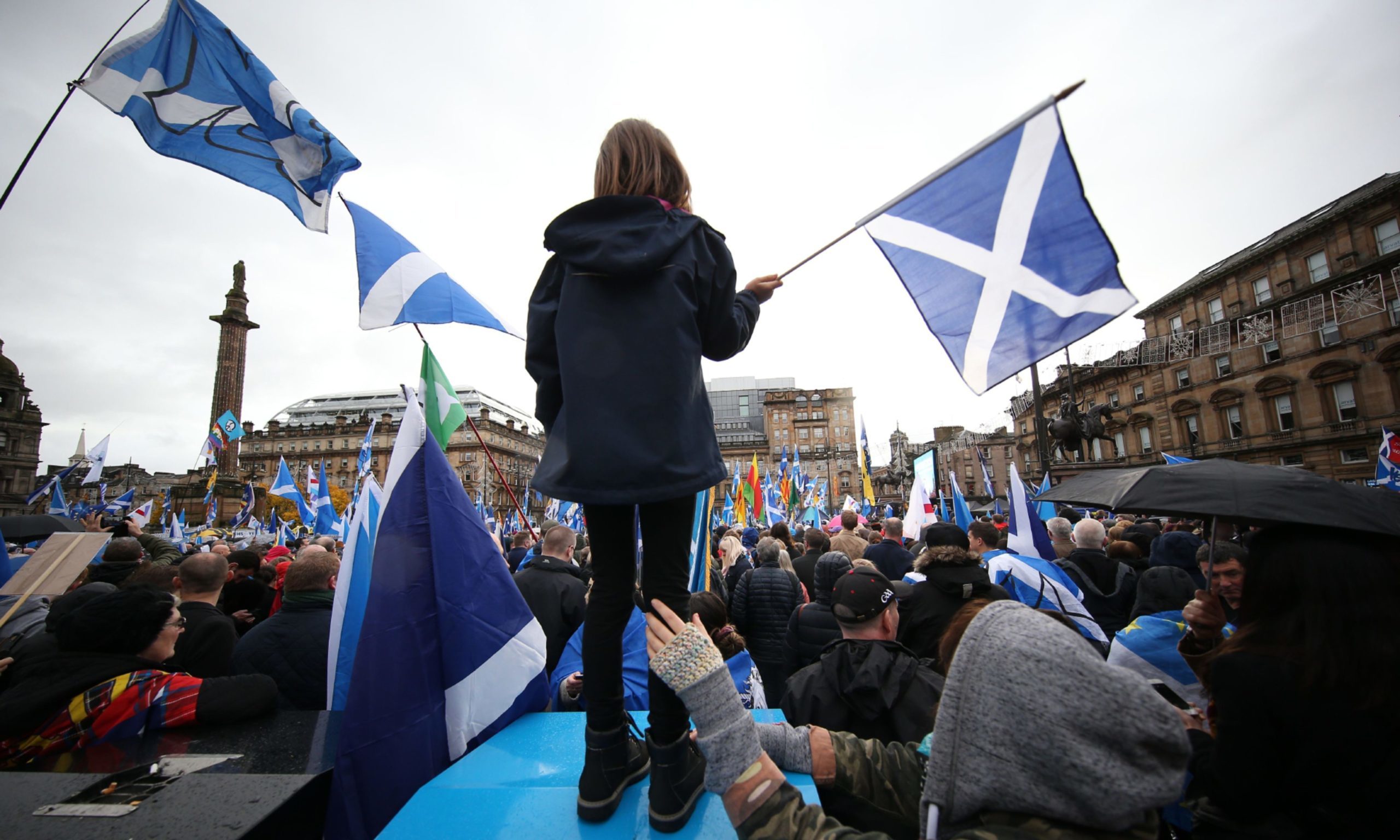
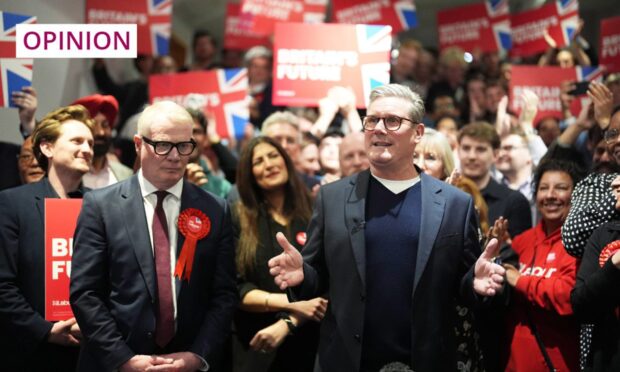
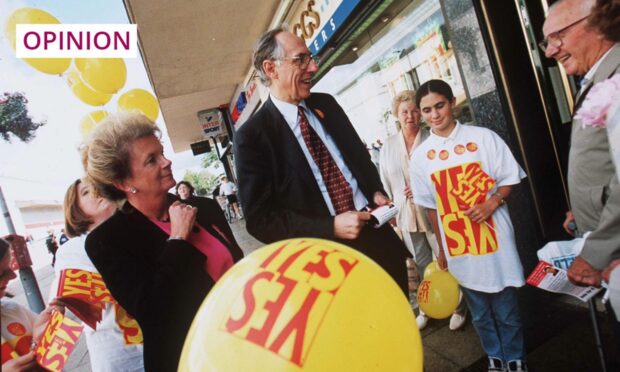

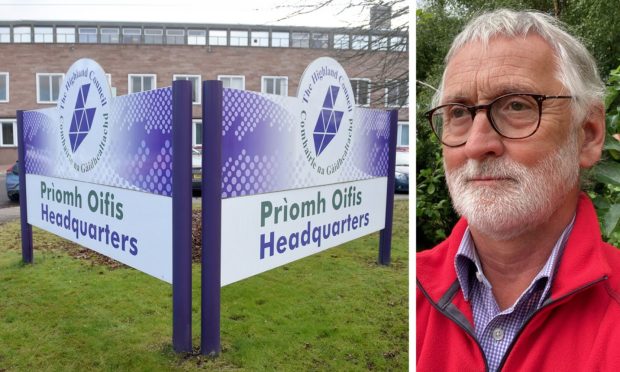
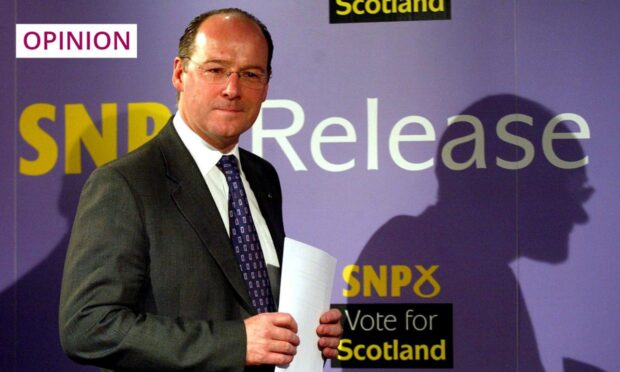
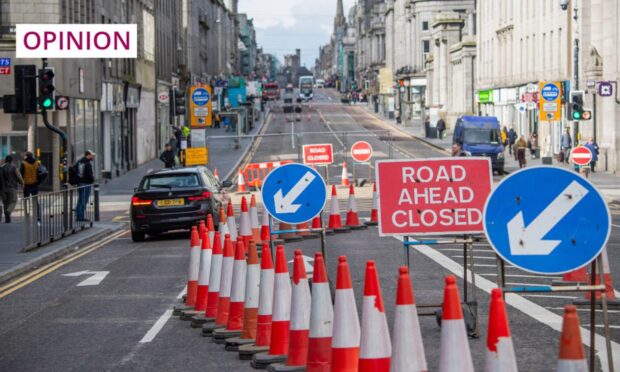
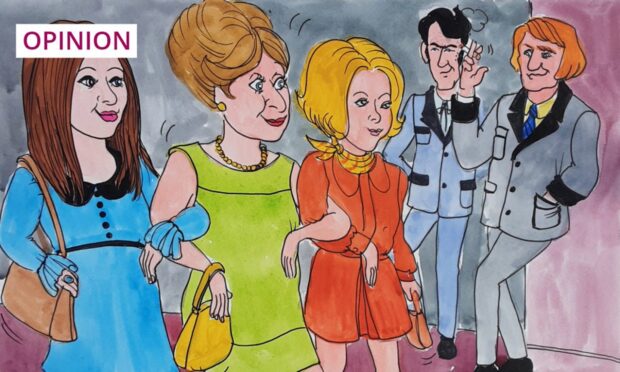
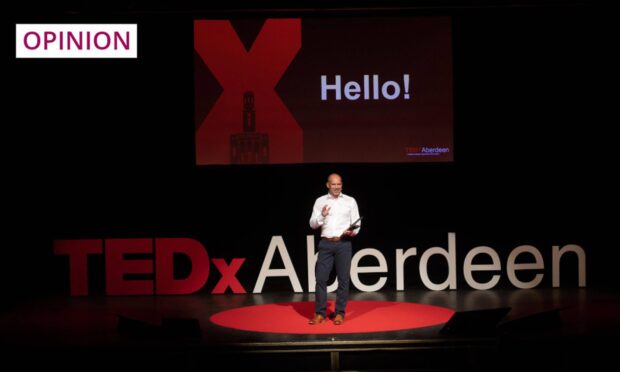
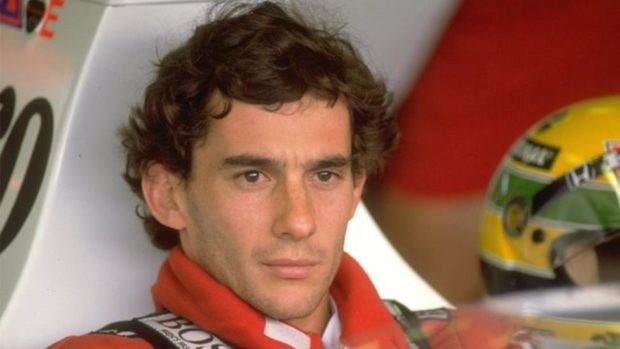
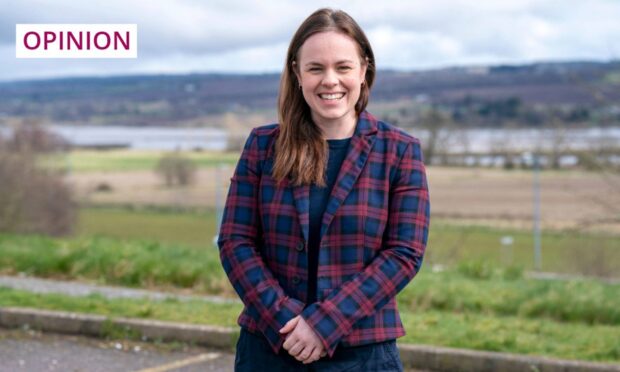
Conversation